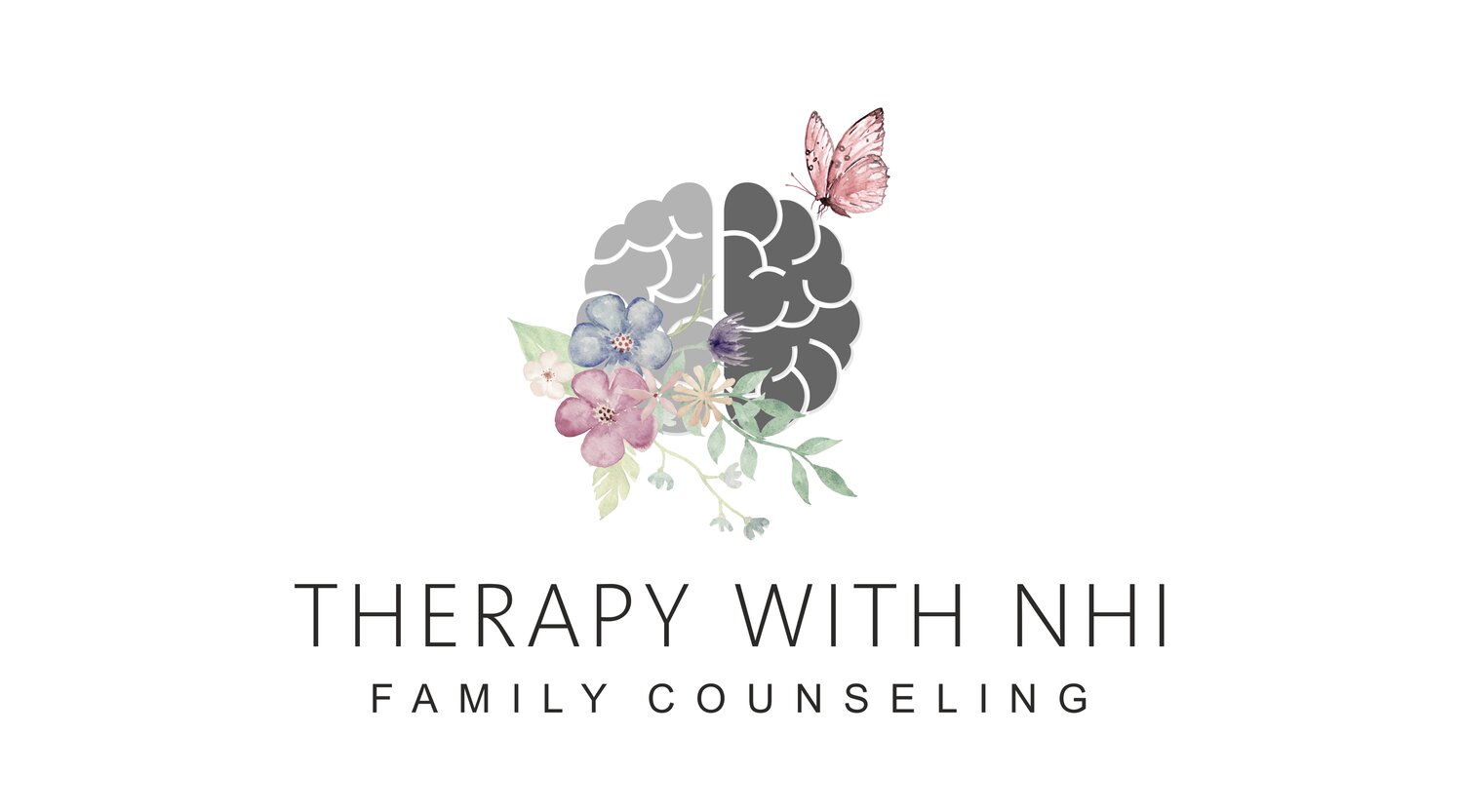Relationships & Loss
The heart.
The heart is a timeless symbol of love—embodying affection, attachment, warmth, and countless other emotions. For most of us, the first experience of love comes through our primary caregivers. The quality of this initial bond is pivotal, as it lays the foundation for how we navigate and form future relationships.
This early blueprint of love shapes not only how we connect with others but also how we understand and experience love in its many forms. Gaining awareness of this blueprint allows us to reflect on how it serves us today, influencing our emotional patterns and the way we relate to those around us.
How well do you know the blueprint of your love? And how is it impacting your current relationships?
The heart desires connection.
Humans are inherently social beings, wired to seek connection. It’s natural for us to crave love—both in giving it to others and in receiving it in return. While this need for connection is deeply ingrained, we are not all equally equipped to navigate the complexities of love and intimacy.
Our ability to truly connect with another person is shaped by several factors: how secure we feel in ourselves, the safety we experience with the other person, and the value we place on committing to both them and the relationship. Every relationship requires effort, and it’s important to remember that it takes two people to build something meaningful.
What kind of connections does your heart long for? What kind of intimacy feels most nourishing to you?
Communicating love.
Communication is a fundamental pillar of any relationship. Over time, our style of communication evolves, shaped by our past experiences, learned behaviors, and the ways we’ve observed and practiced expressing ourselves. However, our attempts to convey messages often aren’t as clear or as concise as we believe them to be, leading to misunderstandings, frustration, and sometimes even anger on both sides.
If this resonates with you, I want you to know it doesn’t have to be this way. There are healthy, effective ways to express your desires, needs, and emotions—ways that foster connection rather than conflict.
How do you communicate your love? And how might you deepen the way you express your heart?
Loss of love.
The loss of love or a loved one can leave a profound ache in the heart. Grief, though painful, is an essential part of the healing journey. While the path may not be easy, it is through processing this sorrow that we begin to mend.
The depth of grief you experience will vary from one relationship to another, influenced by the nature of the bond and the circumstances surrounding the loss. But no matter the intensity, each grief is deeply personal and worthy of understanding, care, and time.
How can I walk with you through this process and help guide you toward healing?




